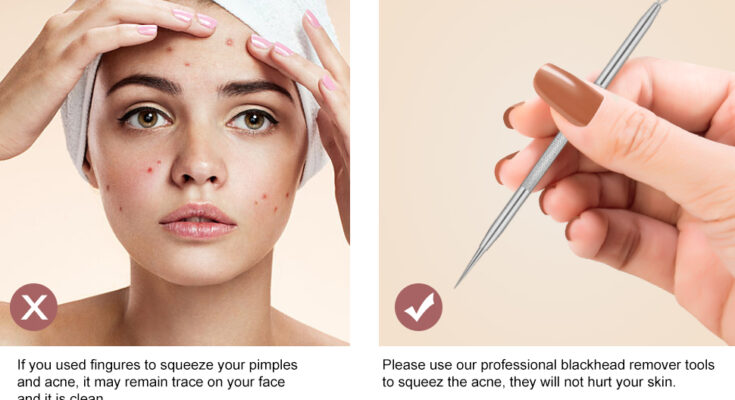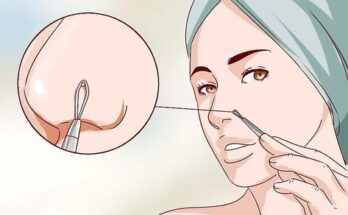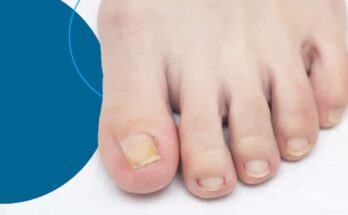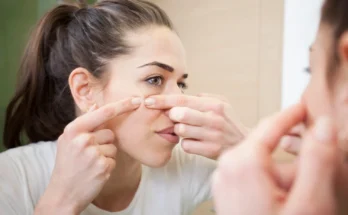Pimple popping has become an unexpected phenomenon on the internet, with millions of viewers tuning in to watch the satisfying yet oddly mesmerizing act of extracting stubborn blemishes. Whether it’s blackheads, whiteheads, or the notoriously tough cystic acne, the fascination with these procedures has captured a wide audience. But what exactly is it about pimple popping that draws such attention, and why do big cystic acne and blackheads seem to take the spotlight in this intriguing subculture? Let’s dive deeper into this world of skin care, pop culture, and the science behind acne.
The Allure of Pimple Popping
At its core, pimple popping is the act of manually extracting the contents of a clogged pore, which can result in blackheads, whiteheads, or cystic acne. For many, watching this act can be surprisingly satisfying. The urge to watch someone “pop” a pimple likely stems from the release of pressure and the sense of relief it provides. Psychologically, this can trigger a form of relaxation or even euphoria, similar to the satisfaction felt after popping bubble wrap or cleaning a cluttered space.
But what makes these pimple popping videos so popular? The answer may lie in a blend of the brain’s desire for resolution and the appeal of cleanliness. The “popping” process often reveals gunk, oil, and other impurities that are otherwise hidden beneath the skin, providing a kind of catharsis. The more dramatic the pimple or cystic acne, the more satisfying the release can seem.
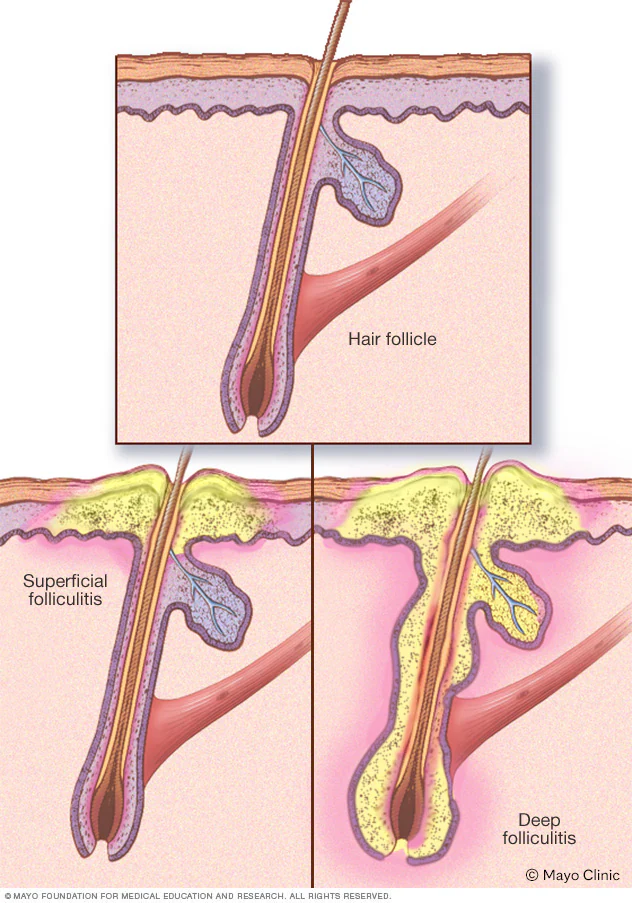
Big Cystic Acne: A Deep Dive into the World of Painful Pimples
While most people are familiar with the more superficial blackheads and whiteheads, cystic acne is a different beast entirely. Cystic acne forms when pores become deeply infected with bacteria, oil, and dead skin cells. Unlike other types of acne that appear as raised pimples or blackheads, cystic acne manifests as large, painful lumps beneath the skin’s surface. These deep, inflamed cysts can take weeks to heal and often leave scars long after they’ve subsided.
Cystic acne tends to appear on the face, chest, or back, and it’s particularly challenging to treat. While topical acne treatments might help with surface-level acne, cystic acne typically requires oral medications such as antibiotics or isotretinoin (Accutane), and in some cases, drainage by a professional dermatologist. For those dealing with cystic acne, popping these bumps is usually not recommended, as it can worsen the infection and lead to scarring.
However, when cysts are popped on video, viewers are often drawn to the dramatic nature of the procedure. The large, sometimes pus-filled cysts being released in a single squeeze create a feeling of relief both for the person performing the extraction and the audience watching.
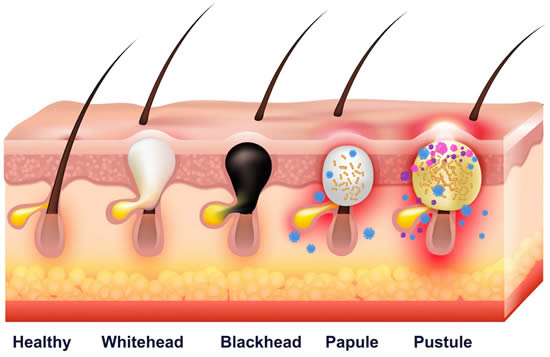
Blackheads: The Unsung Hero of Pimple Popping
Blackheads, or open comedones, are perhaps the most common type of acne blemish. Formed when a pore becomes clogged with excess oil, dead skin cells, and debris, blackheads are easily recognizable by their darkened centers. This dark color isn’t caused by dirt but by the oxidation of the oil in the pores when exposed to air.
While blackheads are generally not as painful as cystic acne, they’re no less satisfying to pop. The release of pressure when a blackhead is successfully extracted can bring relief, especially for those who suffer from frequent blackhead formation. For many, the act of popping blackheads is therapeutic, helping them feel a sense of control over their skin’s health.

Why Do People Enjoy Watching Pimple Popping Videos?
- Satisfaction: As mentioned earlier, watching pimple popping videos triggers a sense of satisfaction. The release of pressure, combined with the immediate result of the extraction, fulfills a basic human desire for closure and completion.
- Curiosity: The human body is complex, and many people are fascinated by the inner workings of the skin. Pimple popping videos reveal the contents of pores and acne, offering a rare glimpse into what’s typically hidden beneath the surface.
- Stress Relief: For some, watching these procedures can be a form of stress relief. The slow, methodical nature of pimple popping provides a calming experience, allowing viewers to zone out from their daily lives.
- Educational: Some viewers watch pimple popping videos not only for entertainment but also to learn more about skincare. Seeing different types of acne and how they can be treated might inspire viewers to adopt better skincare practices or seek professional treatment.
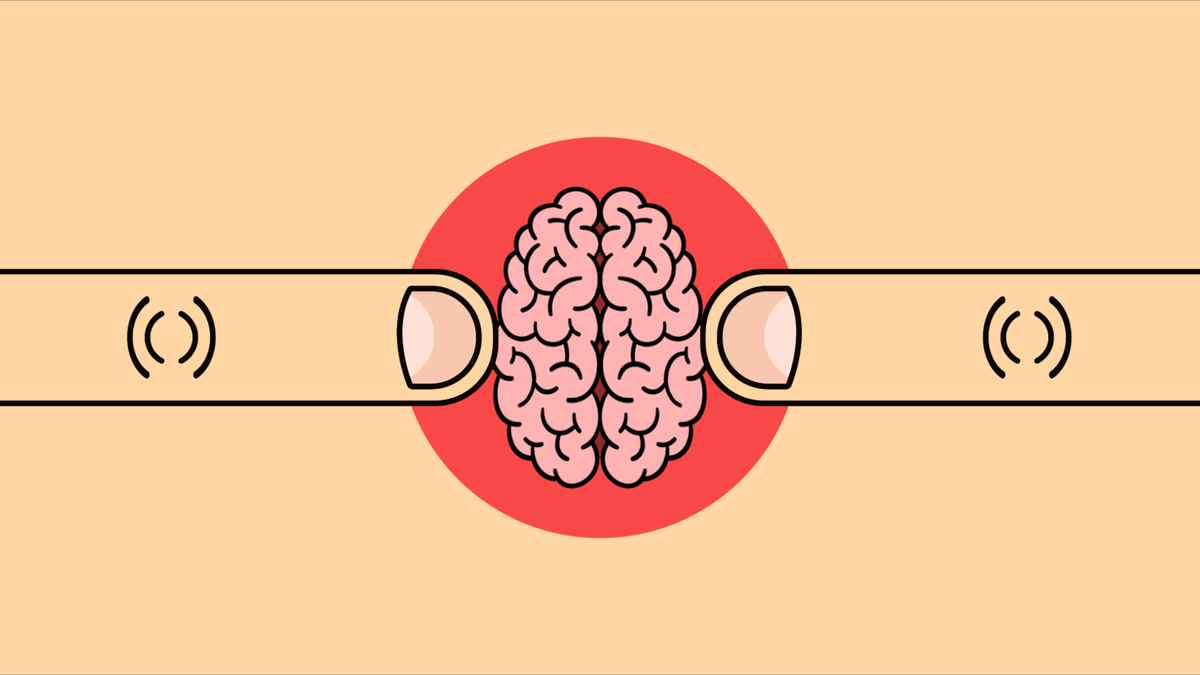
The Dangers of Pimple Popping: Why You Should Think Twice
Despite the appeal, pimple popping can have risks—especially when done improperly. Picking or popping pimples at home, especially cystic acne, can lead to several problems, including:
- Infection: Without proper hygiene and tools, popping pimples can introduce bacteria into the skin, worsening the infection and potentially spreading it to other areas.
- Scarring: Picking or squeezing pimples can cause permanent scarring or hyperpigmentation, which may last long after the acne clears up.
- Worsening the Issue: Popping a pimple might provide temporary relief, but it can actually make the acne worse in the long term by pushing bacteria deeper into the skin, leading to even more inflammation.
Best Practices for Dealing with Acne
If you’re dealing with cystic acne, blackheads, or other types of blemishes, it’s always best to take a professional approach to treatment. Here are a few tips for managing acne:
- Consult a Dermatologist: For severe acne, seeing a dermatologist is crucial. They can offer prescription treatments or recommend procedures like chemical peels or light therapy that are safe and effective.
- Adopt a Consistent Skincare Routine: Cleansing your face regularly, using non-comedogenic products, and incorporating treatments with ingredients like salicylic acid, benzoyl peroxide, or retinoids can help prevent and treat acne.
- Avoid Squeezing: While it’s tempting to pop pimples, resist the urge. Instead, apply a warm compress to reduce swelling or use over-the-counter acne treatments to help the pimple heal naturally.
- Manage Stress: Since stress can exacerbate acne, adopting relaxation techniques such as meditation or yoga may help minimize breakouts.
